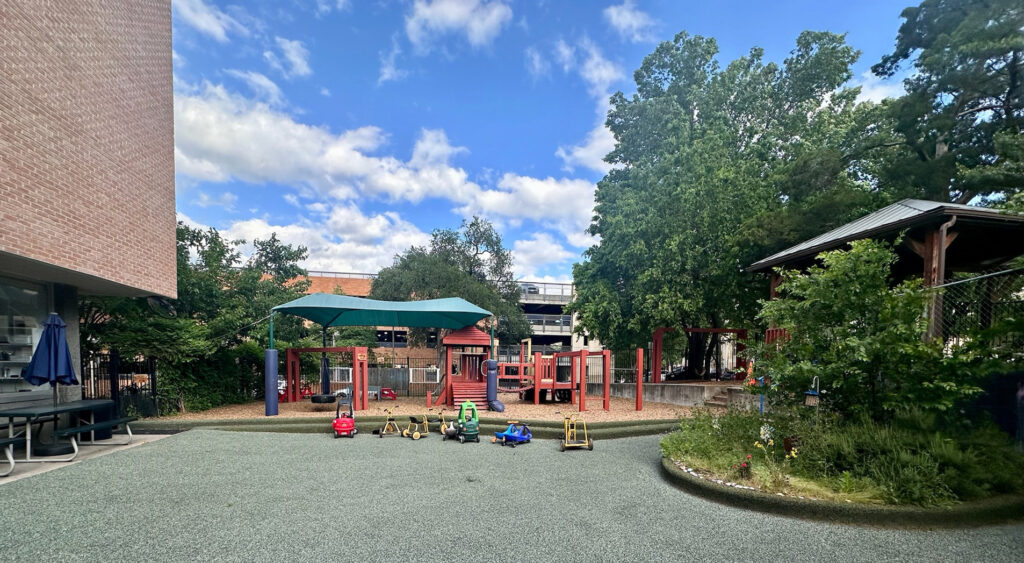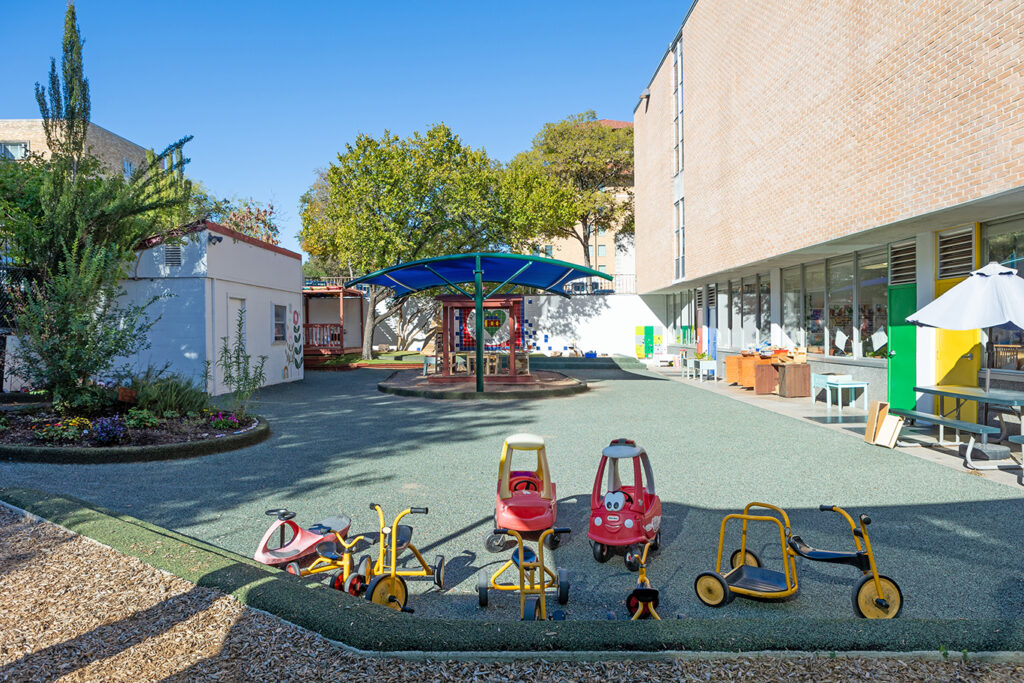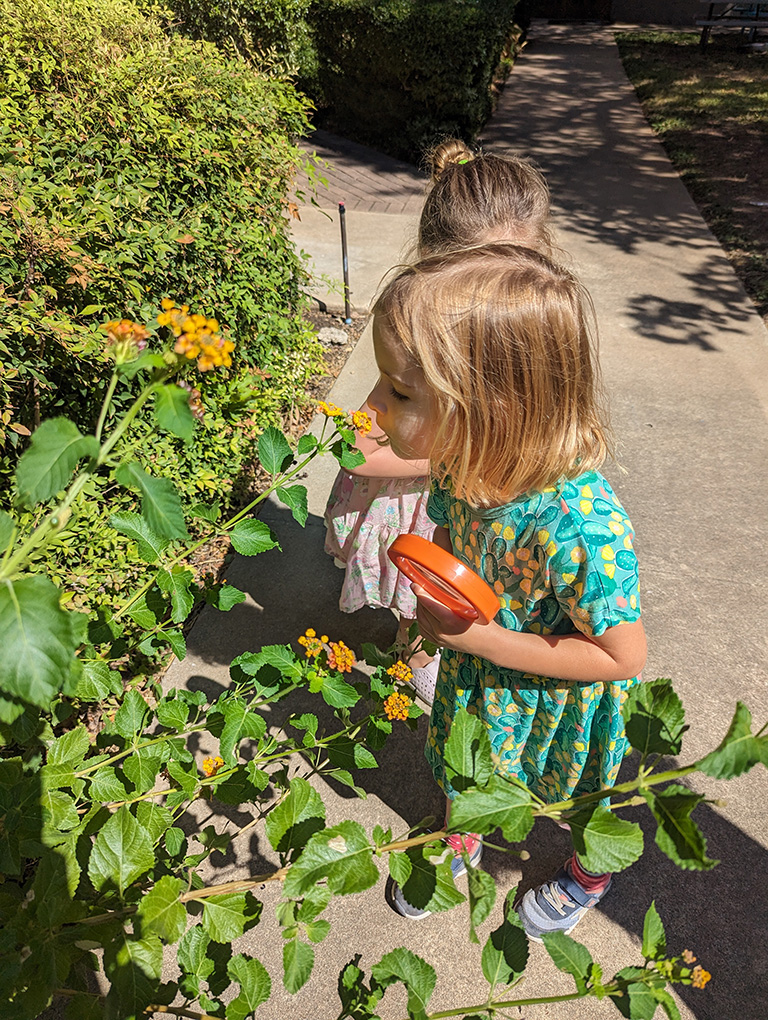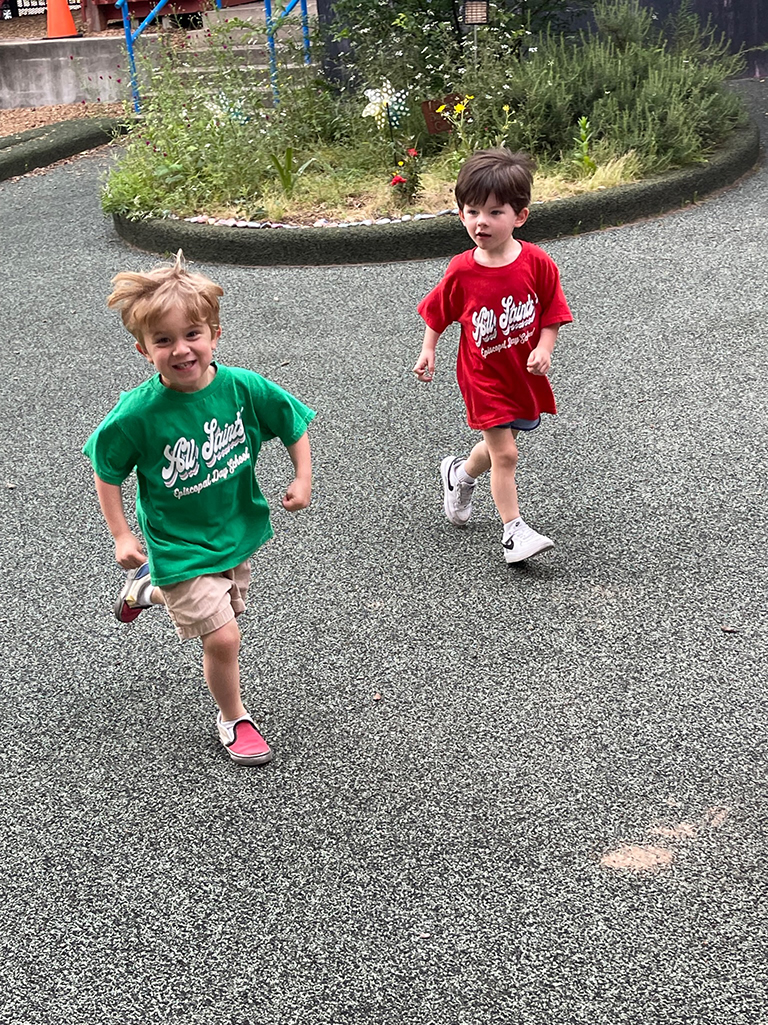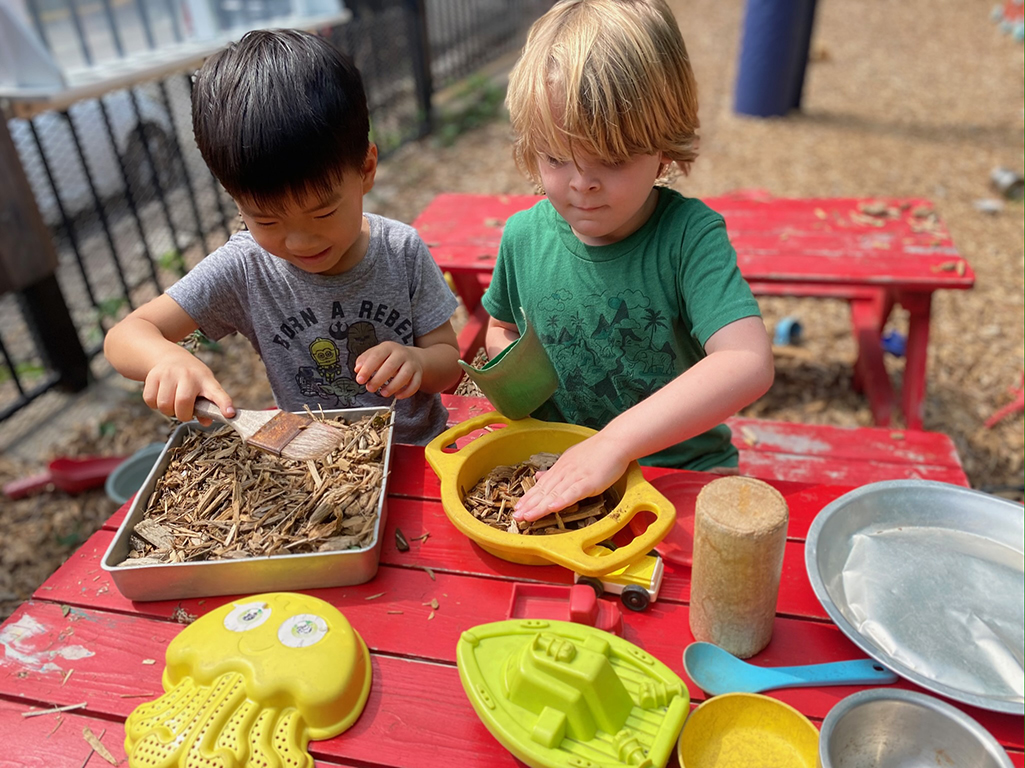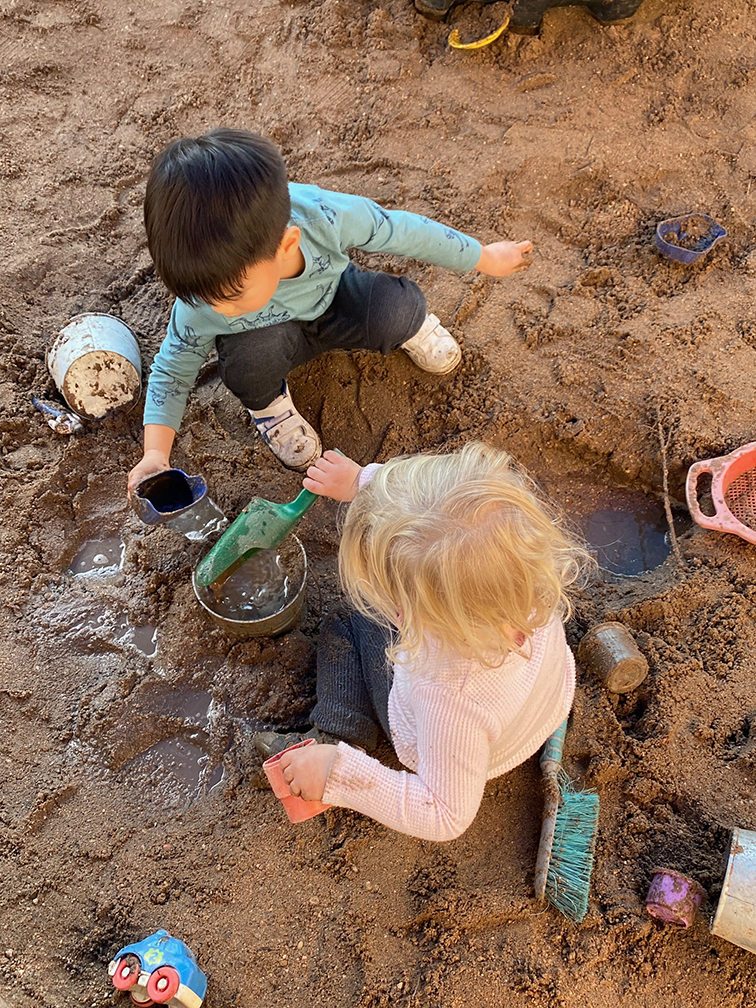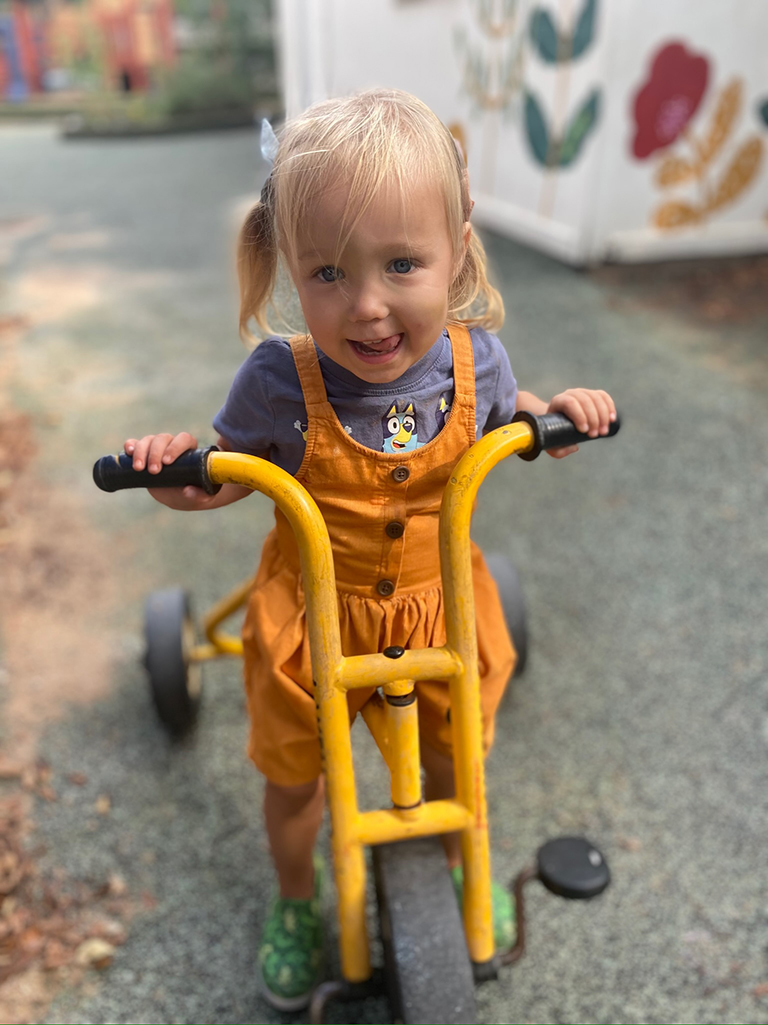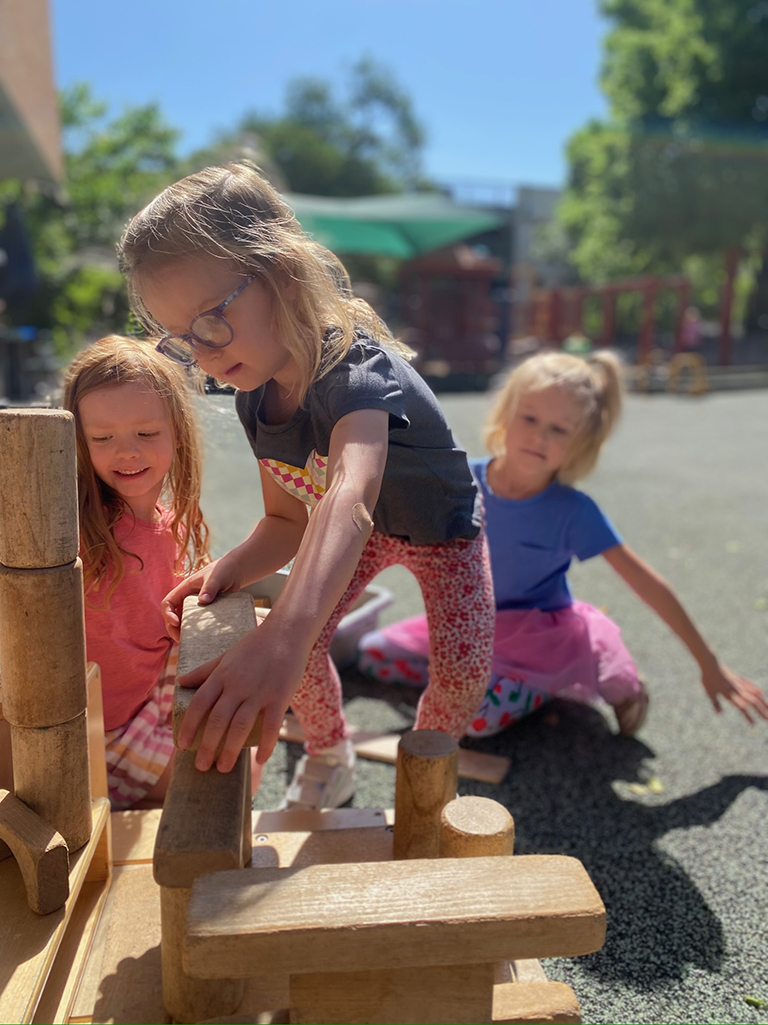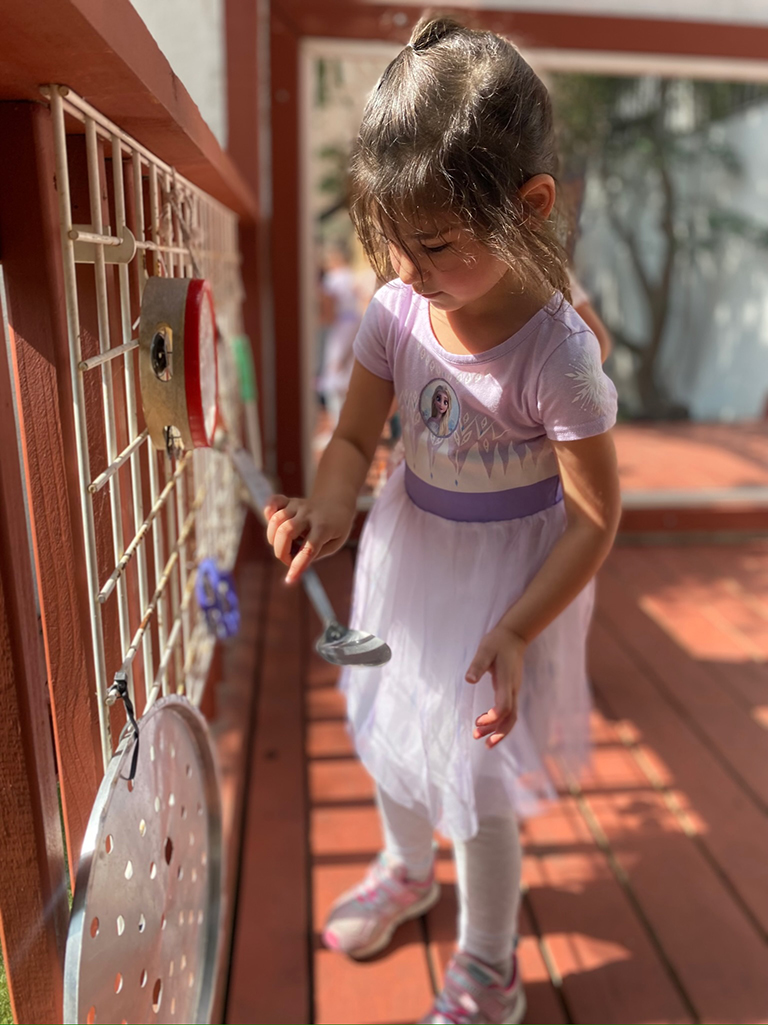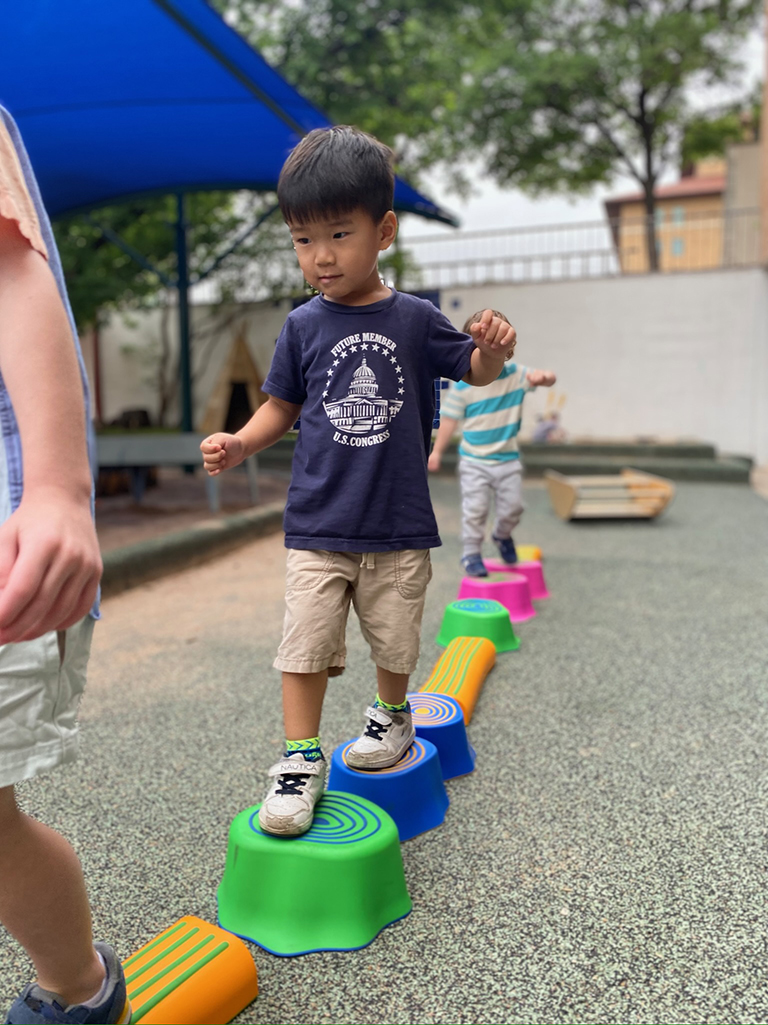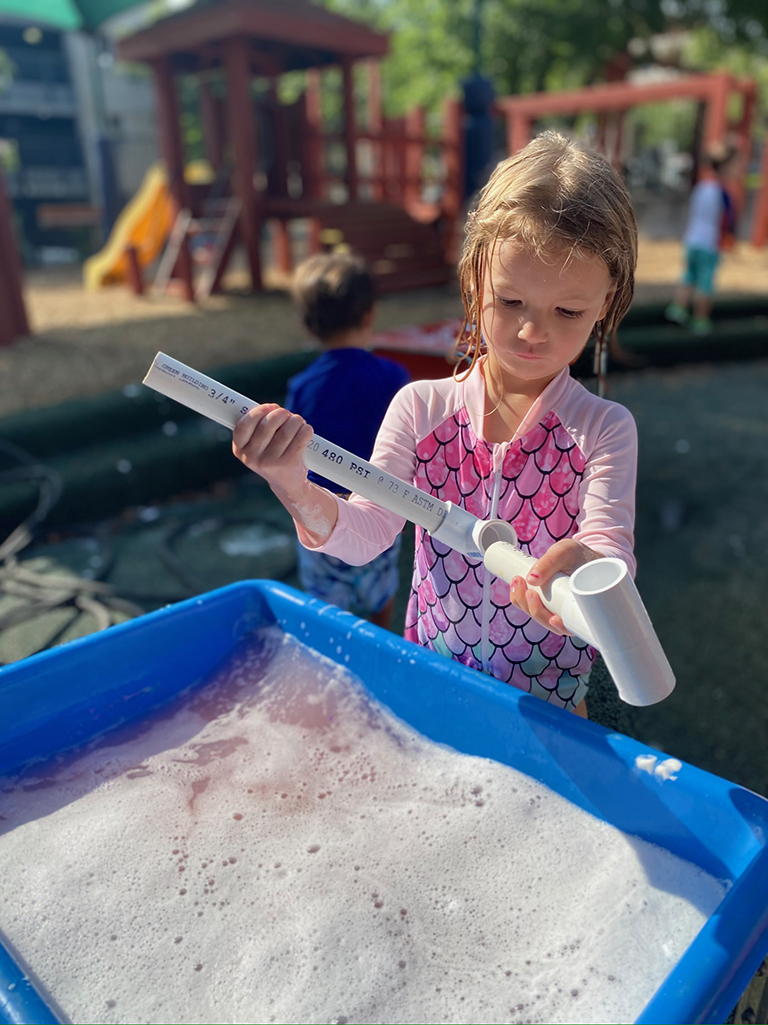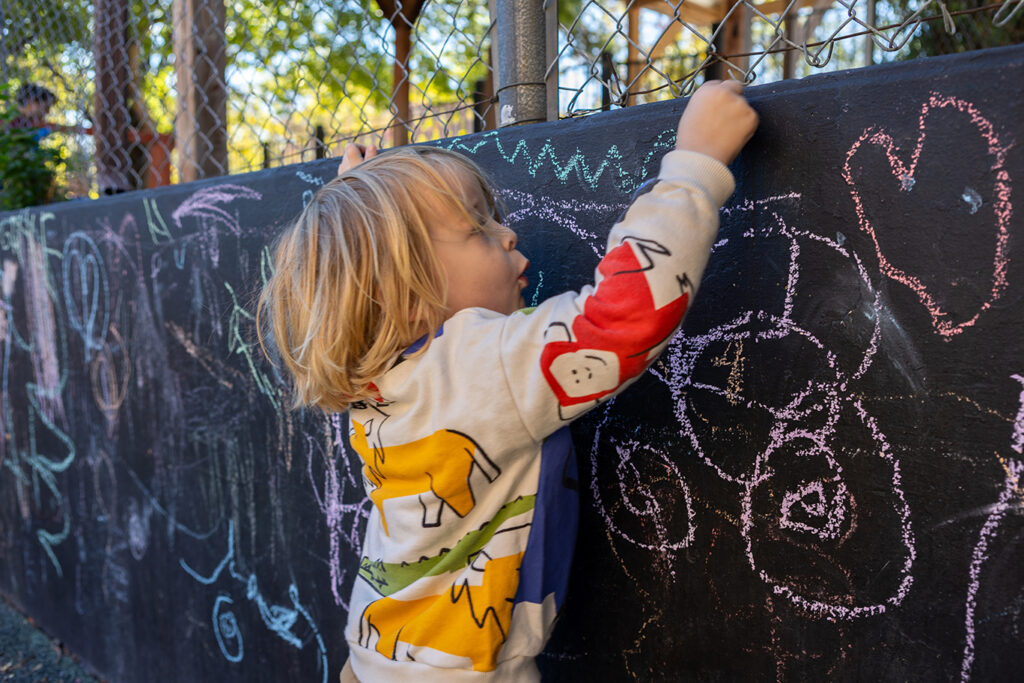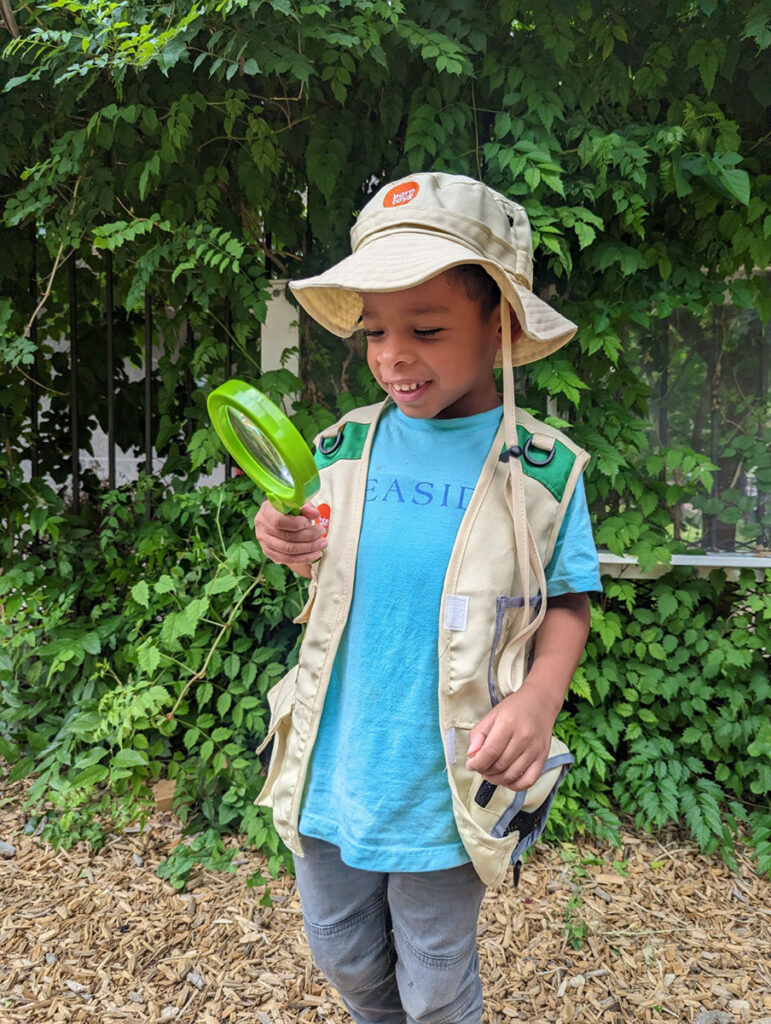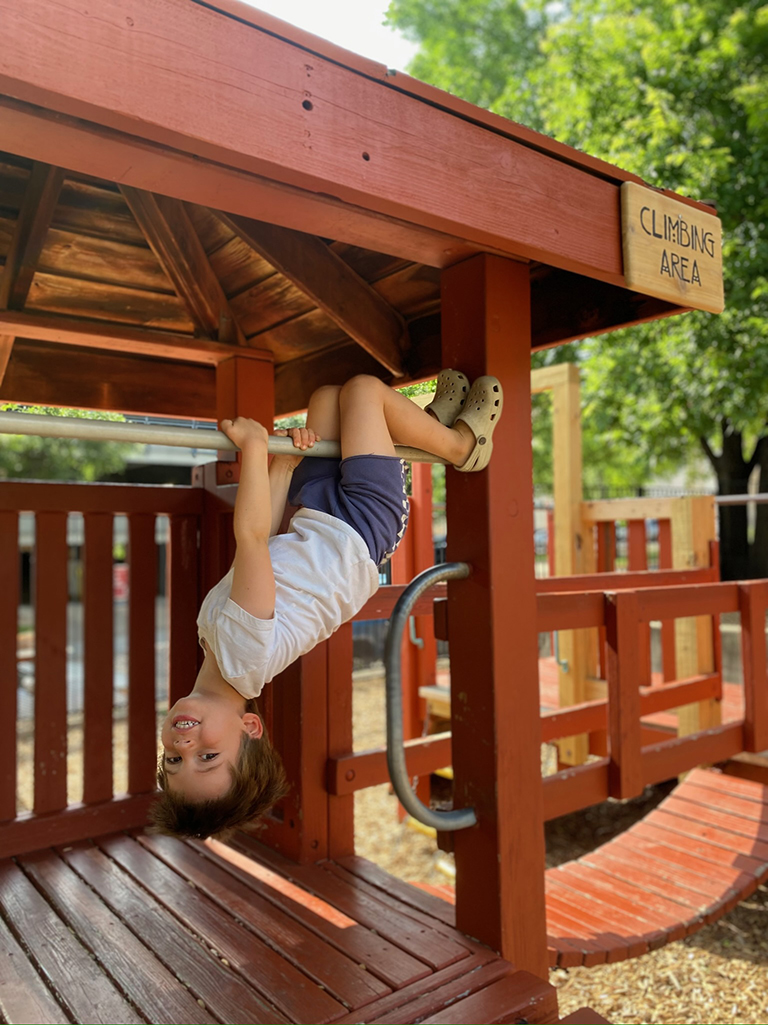When my daughter Hazel was three years old, she went to the Nutcracker ballet for the first time. She fell in love. She was thrilled by the beautiful dancing, and a little scared by the Rat King causing her to hide under her seat. We enrolled her in classes at Ballet Austin. For three years, she attended classes and danced at home non-stop. Her dream was to be in the Nutcracker. When she was seven, the opportunity arrived. The word among the experienced ballet moms was that almost all the students at that level would be able to perform. The audition day came and went, and then we anxiously awaited the news of a possible part.
The anticipated email arrived while we were waiting for dinner at Threadgill’s. As I read it, I felt crushed, and my family asked what was happening. I should have thought about what to say and how to say it, but instead the cold, hard truth came out unvarnished. Hazel was the most disappointed of course. This is what she had been working for all these years, and I wasn’t sure how to comfort her and make her feel better. I wanted to take away all the pain of what probably felt like failure. She wanted to quit ballet. I convinced her to stick with it for the rest of the year, but she didn’t feel the same way, and when the end of the year came, and she still wanted to be done, we agreed to let her stop taking classes.
As parents, we have a strong desire to protect our children from disappointment and failure, but one of the biggest mistakes we can make is trying to control their lives so that they won’t have to face these challenges. Learning to handle adversity is an important life skill, and we increase their tolerance for frustration by helping them understand that making mistakes and failing are a natural part of learning. When children learn to have a growth mindset, they understand that challenges are normal and not a reflection of their worth. As parents, we can help by focusing on effort and resilience rather than outcomes.
I wish I had recognized at the time that when children make mistakes or fail at something it is important to help them process it. Because I didn’t want to cause more sadness, I didn’t fully validate Hazel’s feelings or ask her open-ended questions about what she was thinking and feeling. I did encourage her to be persistent by asking her to stay in the classes, but without fully processing her feelings.
One of the biggest lessons I’ve learned as a parent is to forgive myself. When I reflect on this experience, I recognize my own mistakes. Parenting is challenging, and it is easy to feel like a failure at times. My prayer for our school family is that as parents we can be mindful of our own reactions, model a growth mindset, and focus on effort rather than outcomes. Children become resilient by allowing them to experience challenging moments and setbacks, while at the same time validating their feelings and letting them know that we are there for them and will always love them unconditionally.
Gigi Khalsa, Head of School




